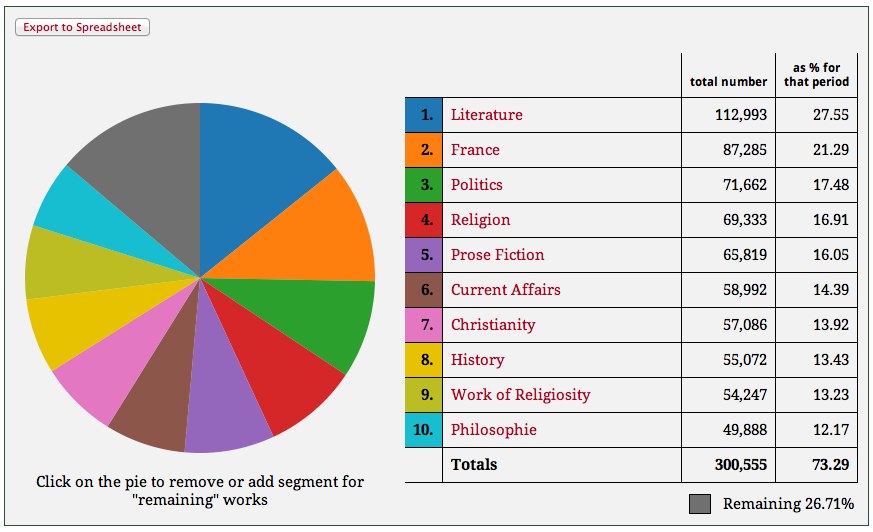Free Case Studies In Business Biography
From Wikipedia, the free encyclopedia
Jump to: navigation, search
This article is about the method of doing research. For the teaching method, see Case method. For the method of teaching law, see Casebook method. For the Case Study (1969) film series by Lockheed Aircraft Corporation, see propaganda film.
This article may contain original research. Please improve it by verifying the claims made and adding references. Statements consisting only of original research may be removed. (January 2012)
This article's tone or style may not reflect the encyclopedic tone used on Wikipedia. See Wikipedia's guide to writing better articles for suggestions. (January 2012)
A case study (also known as a case report) is an intensive analysis of an individual unit (e.g., a person, group, or event) stressing developmental factors in relation to context.[1] The case study is common in social sciences and life sciences. Case studies may be descriptive or explanatory. The latter type is used to explore causation in order to find underlying principles.[2][3] They may be prospective (in which criteria are established and cases fitting the criteria are included as they become available) or retrospective (in which criteria are established for selecting cases from historical records for inclusion in the study).
Thomas[4] offers the following definition of case study: "Case studies are analyses of persons, events, decisions, periods, projects, policies, institutions, or other systems that are studied holistically by one or more methods. The case that is the subject of the inquiry will be an instance of a class of phenomena that provides an analytical frame — an object — within which the study is conducted and which the case illuminates and explicates."
Rather than using samples and following a rigid protocol (strict set of rules) to examine limited number of variables, case study methods involve an in-depth, longitudinal (over a long period of time) examination of a single instance or event: a case. They provide a systematic way of looking at events, collecting data, analyzing information, and reporting the results. As a result the researcher may gain a sharpened understanding of why the instance happened as it did, and what might become important to look at more extensively in future research. Case studies lend themselves to both generating and testing hypotheses.[5]
Another suggestion is that case study should be defined as a research strategy, an empirical inquiry that investigates a phenomenon within its real-life context. Case study research can mean single and multiple case studies, can include quantitative evidence, relies on multiple sources of evidence, and benefits from the prior development of theoretical propositions. Case studies should not be confused with qualitative research and they can be based on any mix of quantitative and qualitative evidence. Single-subject research provides the statistical framework for making inferences from quantitative case-study data.[3][6] This is also supported and well-formulated in (Lamnek, 2005): "The case study is a research approach, situated between concrete data taking techniques and methodologic paradigms."
The case study is sometimes mistaken for the case method, but the two are not the same.
From Wikipedia, the free encyclopedia
Jump to: navigation, search
This article is about the method of doing research. For the teaching method, see Case method. For the method of teaching law, see Casebook method. For the Case Study (1969) film series by Lockheed Aircraft Corporation, see propaganda film.
This article may contain original research. Please improve it by verifying the claims made and adding references. Statements consisting only of original research may be removed. (January 2012)
This article's tone or style may not reflect the encyclopedic tone used on Wikipedia. See Wikipedia's guide to writing better articles for suggestions. (January 2012)
A case study (also known as a case report) is an intensive analysis of an individual unit (e.g., a person, group, or event) stressing developmental factors in relation to context.[1] The case study is common in social sciences and life sciences. Case studies may be descriptive or explanatory. The latter type is used to explore causation in order to find underlying principles.[2][3] They may be prospective (in which criteria are established and cases fitting the criteria are included as they become available) or retrospective (in which criteria are established for selecting cases from historical records for inclusion in the study).
Thomas[4] offers the following definition of case study: "Case studies are analyses of persons, events, decisions, periods, projects, policies, institutions, or other systems that are studied holistically by one or more methods. The case that is the subject of the inquiry will be an instance of a class of phenomena that provides an analytical frame — an object — within which the study is conducted and which the case illuminates and explicates."
Rather than using samples and following a rigid protocol (strict set of rules) to examine limited number of variables, case study methods involve an in-depth, longitudinal (over a long period of time) examination of a single instance or event: a case. They provide a systematic way of looking at events, collecting data, analyzing information, and reporting the results. As a result the researcher may gain a sharpened understanding of why the instance happened as it did, and what might become important to look at more extensively in future research. Case studies lend themselves to both generating and testing hypotheses.[5]
Another suggestion is that case study should be defined as a research strategy, an empirical inquiry that investigates a phenomenon within its real-life context. Case study research can mean single and multiple case studies, can include quantitative evidence, relies on multiple sources of evidence, and benefits from the prior development of theoretical propositions. Case studies should not be confused with qualitative research and they can be based on any mix of quantitative and qualitative evidence. Single-subject research provides the statistical framework for making inferences from quantitative case-study data.[3][6] This is also supported and well-formulated in (Lamnek, 2005): "The case study is a research approach, situated between concrete data taking techniques and methodologic paradigms."
The case study is sometimes mistaken for the case method, but the two are not the same.
Free Case Studies In Business
Free Case Studies In Business
Free Case Studies In Business
Free Case Studies In Business
Free Case Studies In Business
Free Case Studies In Business
Free Case Studies In Business
Free Case Studies In Business
Free Case Studies In Business
Free Case Studies In Business
Free Case Studies In Business
Free Case Studies In Business












No comments:
Post a Comment